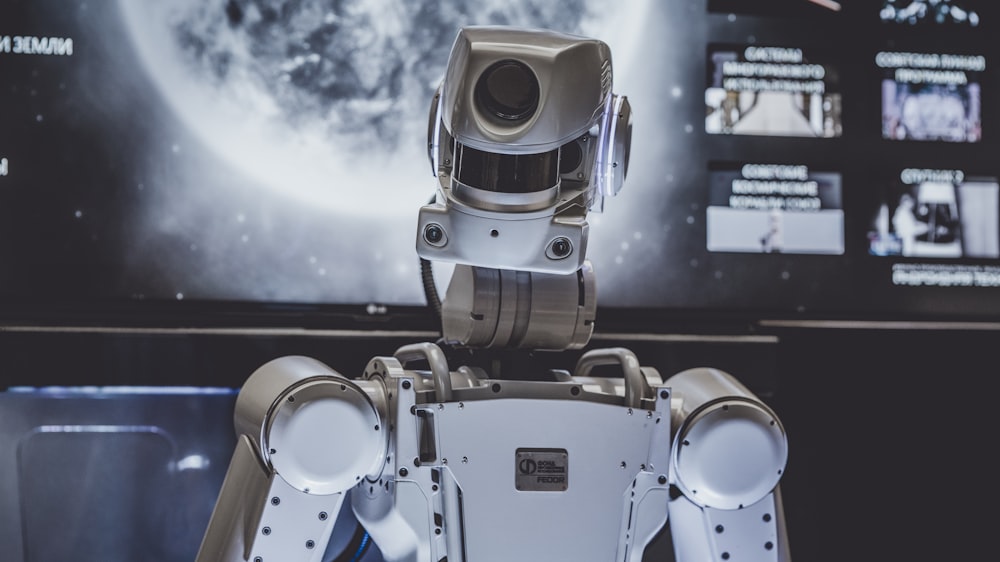目次
TKA後のリハビリテーションに単関節タイプHAL(HAL-SJ)が有用?
HALといえば脊髄損傷や脳血管障害などの中枢神経障害を呈するクライアントに対して用いられることが多い機器です.
一方で,最近は単関節タイプのHALも登場しており,その効果が多く検討されております.
今回はTKA後のリハビリテーションに単関節タイプHAL(HAL-SJ)が有用か否かを明らかにした研究論文をご紹介させていただきます.

今回ご紹介する論文
Arch Orthop Trauma Surg. 2021 Nov 16. doi: 10.1007/s00402-021-04245-9. Online ahead of print.
Rehabilitation during early postoperative period following total knee arthroplasty using single-joint hybrid assistive limb as new therapy device: a randomized, controlled clinical pilot study
Silvia J Mrotzek 1, Shahir Ahmadi 2, Alexander von Glinski 2, Alexis Brinkemper 2, Mirko Aach 3, Thomas A Schildhauer 2, Charlotte Cibura 2
Affiliations expand
PMID: 34783882 DOI: 10.1007/s00402-021-04245-9
今回ご紹介する論文は2021年に掲載された論文です.
研究の背景
Introduction: The first weeks after total knee arthroplasty (TKA) are crucial for the functional outcome. To improve knee mobility, a continuous passive motion (CPM) motor rail is commonly used during in-hospital rehabilitation. The single-joint hybrid assistive limb (HAL-SJ) is a new therapy device. The aim of the study was to improve patients’ range of motion (ROM), mobility, and satisfaction using the active-assistive support of the HAL-SJ.
人工膝関節全置換術(TKA)後の急性期は,機能的な転帰を左右する重要な時期となります.
膝関節の可動性を向上させるために,院内リハビリテーションではCPM(Continuous Passive Motion)を使用するのが一般的となっております.
単関節タイプHAL(HAL-SJ)は新しい治療機器です.
この研究では単関節タイプHAL(HAL-SJ)のアクティブ・アシストサポートを用いて,クライアントの関節可動域(ROM),移動能力,および満足度の改善効果を明らかにすることを目的としております.
研究の方法
Materials and methods: Between 09/2017 and 10/2020, 34 patients, who underwent TKA and matched the inclusion criteria, were randomized into study (HAL-SJ) and control (CPM) group. Treatment began after drain removal and was carried out until discharge. Primary outcome parameters were raised pre- and postoperatively and included the Oxford knee score (OKS), visual analog scale (VAS), and acquired range of motion. Furthermore complications caused by the device were recorded.
2017年09月から2020年10月の間に人工膝関節全置換術を受け,取込基準に合致した34例を介入群(HAL-SJ)と対照群(CPM)に無作為に割り付けております.
ドレーン除去後に理学療法介入を開始し,退院まで実施しております.
メインアウトカムはOxford knee score(OKS),Visual analog scale(VAS),関節可動域とし,術前および術後に測定しております.
さらにデバイスに起因する合併症についても調査がなされております.
研究の結果
Results: OKS increased in both groups postoperatively, but only significantly in the HAL-SJ group. Postoperative pain improved in both groups without significant differences. Flexion improvement was significant in both groups between days 3/7 and 8 weeks postoperatively. We did not encounter any complications related to HAL-SJ.
OKSは両群とも術後に上昇しており,単関節タイプHAL(HAL-SJ)群における改善が有意でありました.
術後の疼痛については両群間で有意差はなくいずれの群においても術前に比較して改善しておりました.
屈曲可動域改善は両群ともに術後3/7日目から8週目にかけて有意でありました.
またHAL-SJに関連する合併症の発生は皆無でありました.
研究の結論
Conclusions: In conclusion, use of the HAL-SJ during rehabilitation in the early postoperative period after TKA was safe without disadvantages compared to the control group and seems to have advantages in terms of daily life impairment.
TKA術後早期のリハビリテーションにおける単関節タイプHAL(HAL-SJ)の使用は,対照群と比較して不利な点がなく安全であり,ADL面でも利点があることが示唆されました.
今回はTKA後のリハビリテーションに単関節タイプHAL(HAL-SJ)が有用か否かを明らかにした研究論文をご紹介させていただきました.
今後も増えることが予測される単関節タイプHAL(HAL-SJ)に関する報告に今後も目を向けておく必要があるでしょうね.






